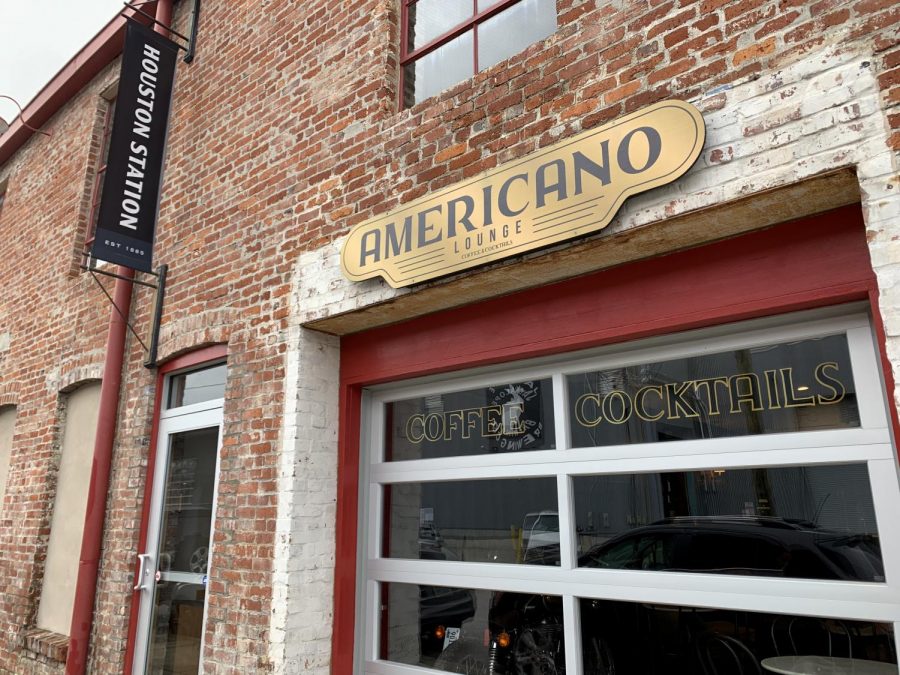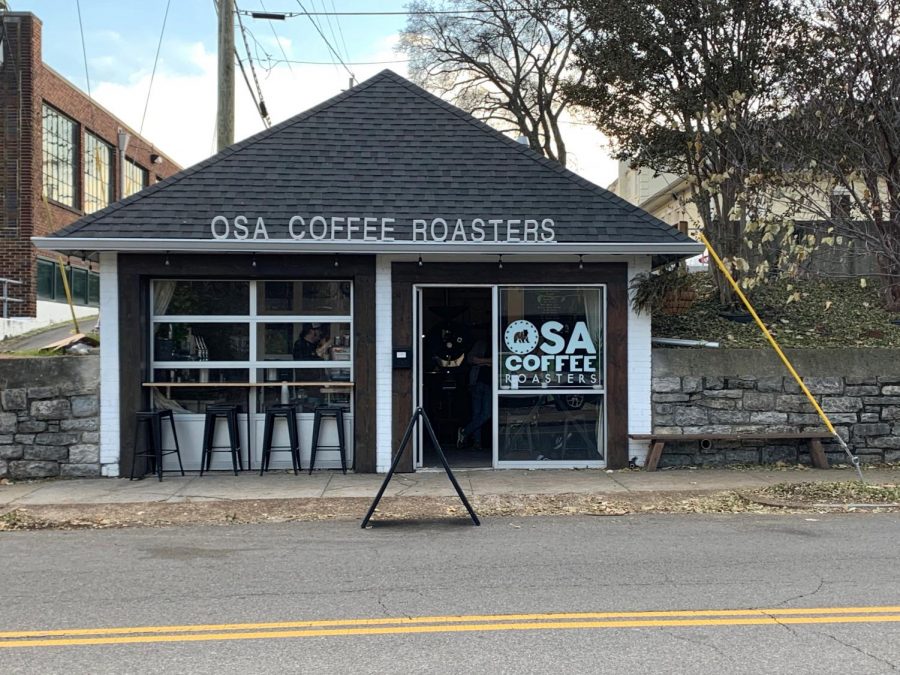Located in the heart of the growing city of Nashville, Vanderbilt students are often caught in an economic bind. Vanderbilt is known for its high academic standards and equally high tuition fees, and despite financial aid packages, many students still struggle with substantial expenses. The cost of living in Nashville only adds to students’ financial burden.
For many students at Vanderbilt, part-time employment becomes a necessity. The flexibility of service industry jobs, such as those on or near campus like coffee shops and cafes, makes them a popular choice. However, these jobs in Tennessee often come with a limitation: Employers are legally allowed to pay as little as $2.13 per hour, as long as tips bring the total hourly wage to the federal minimum of $7.25. This law places an immense reliance on tips for student workers to ensure a livable wage.
Senior Sarah Memon works at the local coffee shop Bad Ass Coffee of Hawaii, located right next to Commons on 21st Avenue. Memon, relying on the tips from customers for a decent amount of her pay, estimated that roughly half of those customers are Vanderbilt students. Memon elaborated that her co-workers who worked other service jobs before this one shared that their tips from those jobs also constituted a significant portion of their income.
“A good chunk of my pay is tips, but not the majority,” Memon said.
However, the tipping culture among students presents a common paradox in college student life. The customer base at many local coffee shops and cafes primarily consists of fellow students who often face their own financial constraints. Students may choose to save money by tipping minimally or not at all. This directly impacts the earnings of their peers in service industry positions, which may contribute to a cycle of financial stress within the student community, with both the service providers and the customers struggling under the weight of economic pressures.
“When I go out with my Vanderbilt friends, the majority of them don’t tip,” Memon said. “At my job, Vanderbilt students don’t tip, as well as other populations.”
Vanderbilt students on the meal plan have a feature called “Taste of Nashville,” where they can use the meal plan meal money at local restaurants and cafes. Additionally, students are able to add money to their personal Commodore Card, so when they run out of meal money, many use Commodore Cash instead.
First-year Jason Harris says whether he uses his Commodore Card (both meal money and commodore cash) directly impacts whether he tips.
“I do tend to tip when I order coffee at local cafes when I am paying with my Commodore Card,” Harris said. “However, I’m not as inclined to tip when I’m paying with cash or a credit card.”
When she goes to coffee shops, Memon is empathetic towards workers who are faced with the same struggles and makes a point always to support her peers and workers.
“I definitely always tip,” Memon said. “I have more sympathy for service industry workers, so I make a point of tipping.”
This dynamic at Vanderbilt mirrors a larger societal issue. It raises questions about the sustainability of the tipping model and the adequacy of wage laws in the service industry. Furthermore, it highlights the ethical considerations of mutual support and economic responsibility within a community, especially one as interconnected as a university campus.
First-year Kyra Balacek believes that the Vanderbilt community should make the effort to tip fellow students and help reshape the economic landscape that many students are struggling with.
“Working in the service industry, I can understand the frustration that service workers face when customers don’t tip,” Balacek said. “When I go out to local coffee shops, I see that a lot of students don’t tip. A lot of my friends here lack the habit of tipping, which directly impacts the workers. After working in the service industry, I see how crucial it is to tip, so now I always tip when I am able to. I do not think it is my friends’ fault they don’t tip, but rather a lack of education about how important tipping is coming from their households and upbringings.”
The financial struggles of Vanderbilt students, with their reliance on tipping in the service industry, encapsulates a complex blend of economic, ethical and societal challenges. It’s a scenario that calls for a deeper understanding and potentially reevaluating the systems in place, not just at Vanderbilt or in Nashville, but across academic institutions and cities nationwide.










